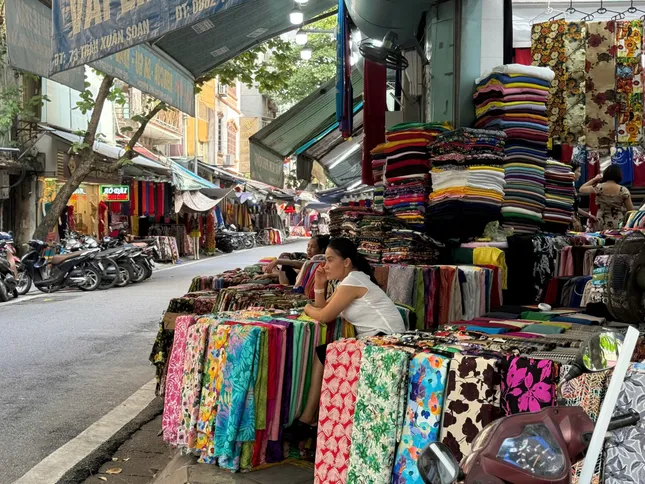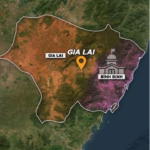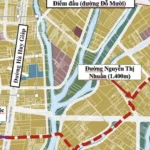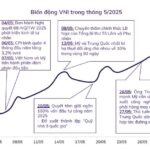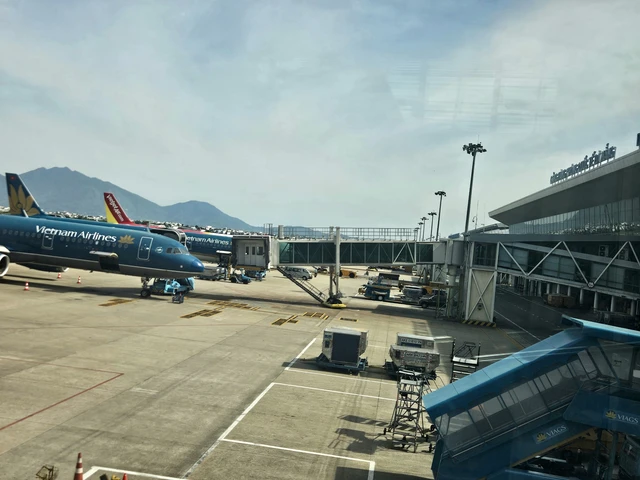Road Map for Electronic Invoice Implementation
Vietnam’s Ministry of Finance is seeking feedback on the policy dossier of the draft Law on Tax Administration (replacing the previous law), which includes innovative management methods for micro-businesses, individuals, and households.
Specifically, the tax authority proposes to eliminate the tax estimation method and introduce a self-declaration and self-payment mechanism for households and individuals, calculated as a percentage of revenue, in line with the Value-Added Tax Law and Personal Income Tax Law.
The draft adds regulations on accounting practices and invoices for household businesses, with the Government detailing these practices according to revenue scale. Households with an annual revenue of VND 1 billion or higher will adopt a simple accounting regime similar to small and medium-sized enterprises, as per Circular No. 88/2021/TT-BTC. This group is mandated to use e-invoices with or without tax codes.
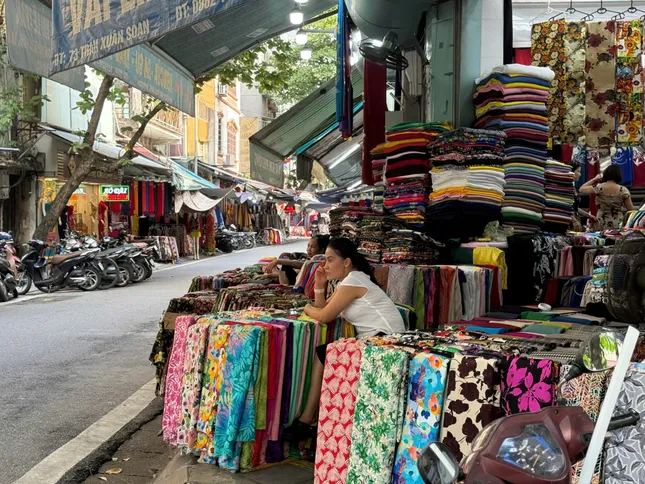
The Ministry of Finance stated that as of the end of 2024, there were approximately 3.6 million households and individuals under tax management.
From June 1, 2025, households selling goods or providing direct services to consumers must use e-invoices generated from cash registers with data transmission connections to the tax authority, as stipulated in Decree No. 70/2025/ND-CP.
The roadmap for e-invoice implementation is based on revenue levels. Household businesses with revenues ranging from VND 200 million to less than VND 1 billion per year and subject to value-added tax can choose from the following options during the transition period from January 1, 2026, to December 31, 2026: e-invoices with or without tax codes (which can be issued individually online or through free intermediary software); e-invoices generated from cash registers if feasible; or simple invoices like “electronic receipts” via apps, Zalo, SMS, or QR codes as prescribed by the Government.
Starting January 1, 2027, household businesses with annual revenues of VND 800 million and above must use e-invoices generated from cash registers connected to the tax authority when selling goods or providing direct services to consumers.
This requirement will be extended to businesses with revenues below VND 800 million but still subject to value-added tax, effective January 1, 2028.
Risk of Business Disruption
According to tax management data as of December 2024, there are approximately 3.6 million households and individuals under tax management in Vietnam. Among them, 2.2 million are stable businesses, including both estimated and declared households.
These households contributed approximately VND 25,953 billion to the state budget in 2024. However, the tax authority believes that the tax estimation method no longer reflects the actual scale and capacity of these businesses, resulting in budget shortfalls.
“This solution addresses a significant injustice where the tax of declared households is seven times higher than that of estimated households, thereby effectively reducing budget shortfalls from large household businesses,” the Ministry of Finance stated.
While the mandatory adoption of e-invoices and simple accounting practices will accelerate digital transformation and lay the foundation for households to embrace financial management and eventually evolve into enterprises, benefiting from more substantial support policies, the drafting agency acknowledges that this transition may pose challenges for micro-business models such as sidewalk coffee shops, alley restaurants, and online businesses, especially those owned by women, ethnic minorities, or the elderly, with limited technological capabilities. Some small businesses may even be forced to cease operations due to their inability to meet the new requirements.
During the initial phase (2025-2026), the system may experience overload as millions of households undergo this transition simultaneously. Many household businesses have also expressed concerns about compliance costs, which could range from several million to tens of million dong annually, underscoring the need for appropriate financial support policies.
“Quy Nhon: The Emerging Real Estate Epicenter of Central Vietnam”
The merger of Binh Dinh and Gia Lai provinces marks a pivotal moment for the South Central Coast and Central Highlands regions of Vietnam. This union has unleashed a new era of development, with Quy Nhon taking center stage as the focal point for investors. Strategically located and boasting breakthrough infrastructure, Quy Nhon is poised to become the heartbeat of this vibrant region.
Unveiling the Mastermind Behind the Counterfeit Brand Empire
The authorities in Thanh Hoa province have arrested and detained Nguyen Khanh Tung as they investigate his alleged involvement in leading a counterfeit goods smuggling ring.
The Joy of Labor: A Photo Essay on the Harvesting of Lychees
The lychee season has arrived, and the entire Phuc Hoa region is buzzing with excitement and awash with vibrant red hues. From the early morning hours, the locals are hard at work, meticulously gathering the luscious clusters of fruit that are the culmination of a year’s worth of diligent care and dedication.

























